
Since 1997, ULS has been heavily involved in the design, delivery and evaluation of projects supported by the European Union. From initial project design, to developing international partnerships to external evaluation, the ULS role evolved to direct involvement in EU projects as a partner. To date, ULS has successfully completed over 35 projects. Current ULS project engagement involves issues addressing inclusion, digital learning, educational transformation, social entrepreneurship and e-sports. A particular emphasis has been placed on projects funded under the Erasmus Capacity Building for Higher Education, programme, where ULS has been heavily engaged in projects with Palestinian universities. ULS is constantly working with partners in developing countries to extend engagement in CBHE frameworks, with particular reference to Kenya, Jordan and South Africa.
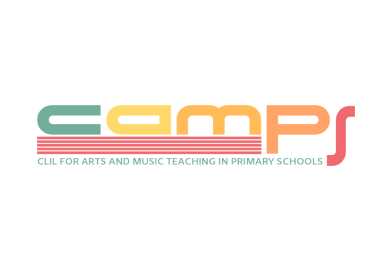
This project involves the development of innovative language learning models using music and CLIL. The Lead Partner is the City Council of Guadassar in Valencia, Spain. Other partners are from Italy, Romania and Ireland (ULS)
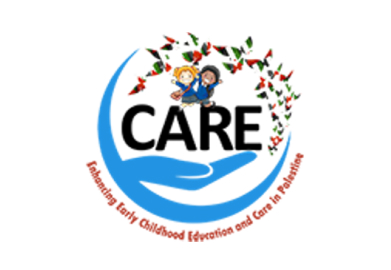
Funded by the EU Erasmus+ Capacity Building for Higher Education program, this project is focused on development of early childhood education and care facilities in Palestine. Led by Al Quds Open University in Ramallah, partners represent other universities in Palestine as well as Ministries – Education and Social Development. EU partners are from Italy, Portugal, Greece, England and Ireland (ULS)
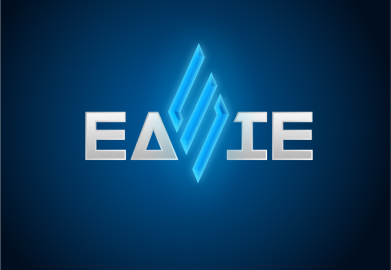
E-sport as an Accelerator for Socially Inclusive Education is a major new project funded by the Erasmus+ program. The Lead Partner is VUC Storstrøm in Denmark. The first meeting was held in and facilitated by TecnoCampus in Mataró in April 2023. The project aims to create a blueprint for combining Esport and Entrepreneurship in education with partners from Denmark, Spain, Italy, Austria and Ireland (ULS).
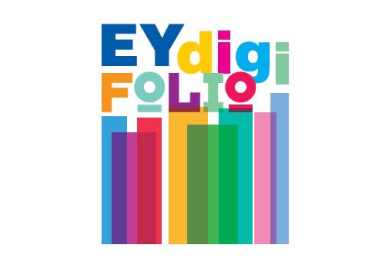
The Early Years Digital Portfolio project aims to create a more effective and transparent communication pattern among childhood education and care systems and families with the purpose to document, evaluate and assess the progress of each child according to a holistic view of the child’s development and learning. Led by Agrupamento de Escolas Miguel Torga Bragança, (Portugal), partners are from Romania, Italy and Ireland (ULS)

Financial Literacy for the Economic Development of Society, led by the Free University of Varna (Bulgaria). This Erasmus+ project addresses the need for enhanced financial literacy in European schools. Research shows that efforts to raise awareness of financial literacy are increasing in Europe. When these efforts are examined, it is seen that the necessary steps have not been taken yet on many topics or studies are still at a very early stage. Although there are attempts to develop the content of financial education in the curriculum, it is thought that the steps towards the realization of this goal should be more holistic. Partners come from Bulgaria, Greece, Finland, Turkey and Ireland (ULS)
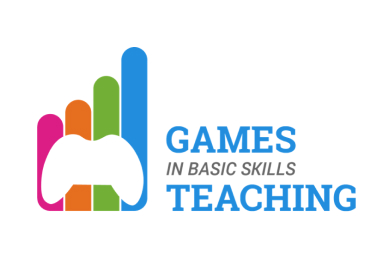
The Games in Basic Skills Teaching project is an Erasmus+ project that focuses on the use of analog and digital games in Basic Skills Teaching settings. We brought games to teaching these specific target groups since games add valuable aspects to teaching. Games change the classroom they are used in. They can create immersive worlds and offer challenging tasks while at the same time bring a new form of interaction to the learning process. They are skills-oriented and emphasize soft skills like communication and collaboration. Games can motivate students who might be otherwise hard to motivate and they bring fun to the process of learning. Led by VUC Storstrøm in Denmark, partners came from Austria, Greece, England, Norway, Switzerland and Ireland (ULS)
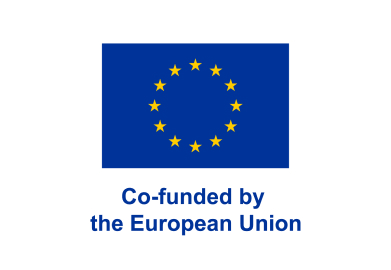
The aim of the EU Erasmus+ project HAVE is to offer citizens with fewer opportunities alternative pedagogical training methods. In the period of online teaching, some students have had great benefit from participation in safe familiar surroundings instead of being present in physical classrooms. The project aims to strengthen the ability of organizations to offer high-quality teaching in hybrid classrooms. It creates a clear, sustainable, flexible and robust Learning Path to demonstrate continuous improvement and implement change. Led by VUC (Denmark), partners come from Germany, Finland, Italy and Ireland (ULS).
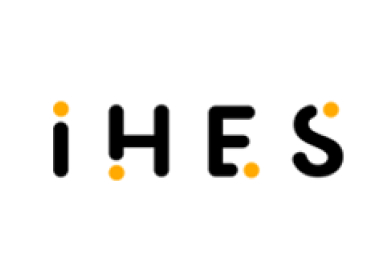
Inclusive Higher Education Systems for students with intellectual disabilities was written and coordinated by the project applicant and scientific coordinator Pablo de Olavide University (Spain). The project is funded by the Erasmus+ Program, KA2 – Cooperation Partnerships in Higher Education. The aim of the IHES project is to place people with intellectual disabilities in universities, as students, as future users of professionals trained in universities and as citizens who count on universities as generators of knowledge focused on improving their lives in more egalitarian and fair societies. European partners come from Italy, Romania, Portugal and Ireland (ULS).
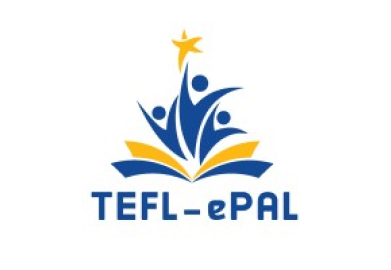
The TEFL-ePAL capacity building project was funded by the EU under the CBHE program from 2018-22. It built on the results of Emancipatory Action Research on 21st century skills initiated in 2015. This confirmed that teachers felt insufficiently motivated, with inadequate ICT resources and developmental programs. Palestinian educators are now striving to use advanced technologies and new trends that focus on principles of personalized-differentiated learning, student-centered instruction, and constructivism. ICT supported English language teaching can create a new dynamism regarding quality education by encouraging local HEIs to update methodologies, strategies and contents. The occupation in Palestine impacts movement of people, divides the territory geographically and fragments social relations. This has led to inequitable access to quality education for all students in Palestine. Project partners included universities in Palestine led by Al Quds Open University and EU partners from Germany, England, Türkiye and Ireland (ULS).
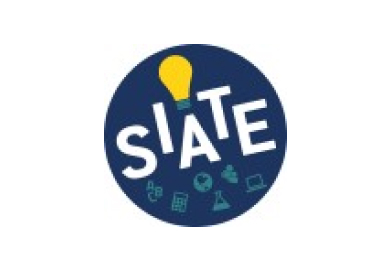
the EU funded SIATE project (Social Inclusion and Training for Entrepreneurship) has VUC in Denmark as Lead Partner. Other EU partners include Norway, Italy, Germany and Ireland (ULS). The aim is to identify models of best practice in fostering entrepreneurship for marginalized groups and to develop a European network. The methodology, development and outreach involved in project activities is designed to create meaningful and sustainable training courses. This has been supplemented by a sequence of major conferences in partner countries and the development of a European network on entrepreneurship education and social inclusion (ENTNET).